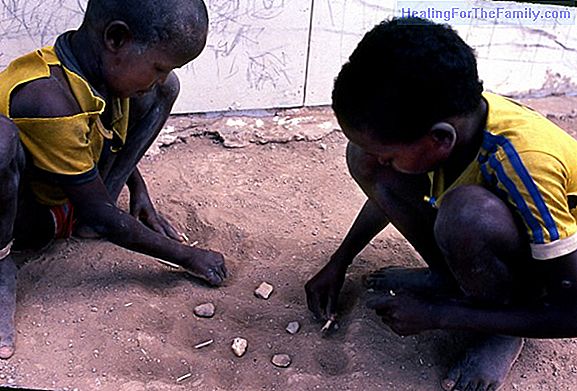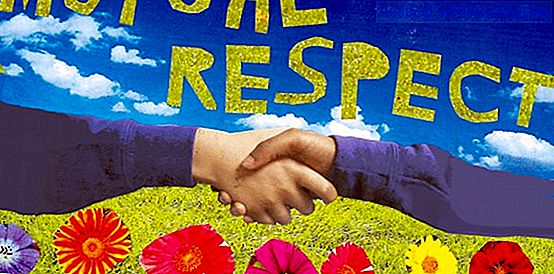Sharing, a rising value for children
Children, when they are small have a hard time sharing, they go through the "mine" stage and get very angry when another child, be it a friend, their brother ... take your toy, your ball ... Until the age of four, children do not develop the theory of the mind, that is, they are not able to put them
Children, when they are small have a hard time sharing, they go through the "mine" stage and get very angry when another child, be it a friend, their brother ... take your toy, your ball ... Until the age of four, children do not develop the theory of the mind, that is, they are not able to put themselves in the other person's place, that is why, we do not have to say, "you have to share because you also like to have your toys left. " Evolutely speaking, they are still not able to put themselves in the place of the other.How to teach children to share
1.

When children are small bas, it is enough to tell them that we have a norm in the family, "share", which will also coincide with the one in the nursery school or at school . The explanations at this age have to be simple, "we must share", and when they do not, it is enough to withdraw the attention to the child. We will give it to the child or the brother who is sharing. The great talks or speeches that he does not yet understand, and with which he gets attention, are of no use to us.2. When the child is older, after 5 years, we can go into more complex explanations. At this age, they begin to be able to put themselves in the place of the other, and can come to understand that they have to leave their things because they also like others to share with them.
How to promote the value of sharing in childrenWhat we should not do is punish the child for not sharing o or tell him that he is selfish or go to scold him. It is better to tell him that when he does not share, then we do not want to play with him, and that when he shares yes. It is important that we understand that
the child is not "selfish"
, but has to learn to share porque, because when they are little it costs them more, and sometimes they do not understand that they lend something and that they can give them something in return , and then they will return it.Sharing is much more than the material fact of lending something , it also includes other values such as dedication, dedication and time. To learn to share time, sometimes turn games are very useful in which the child has to wait for it to touch him, while the attention is another child.












